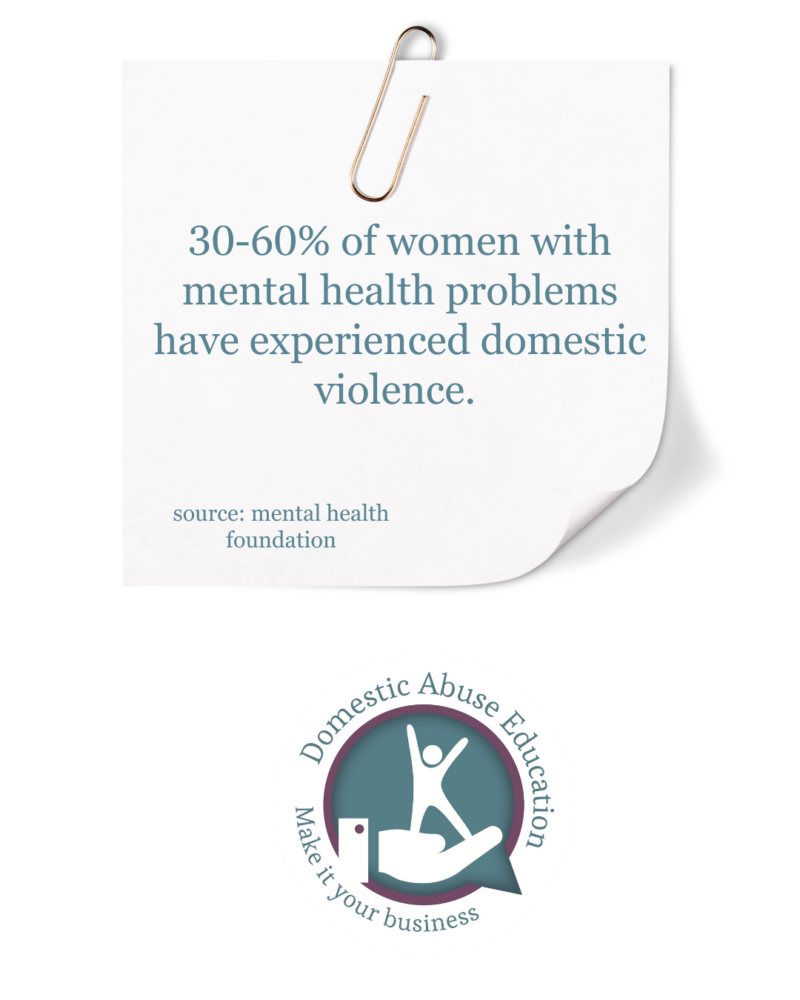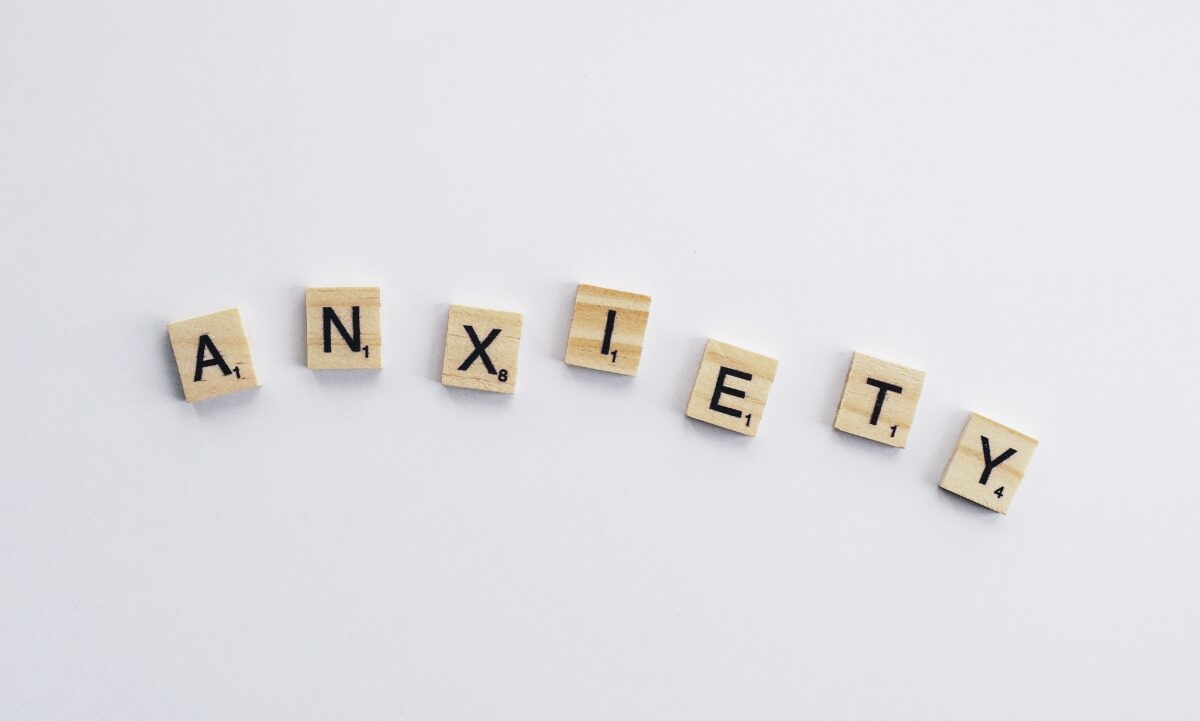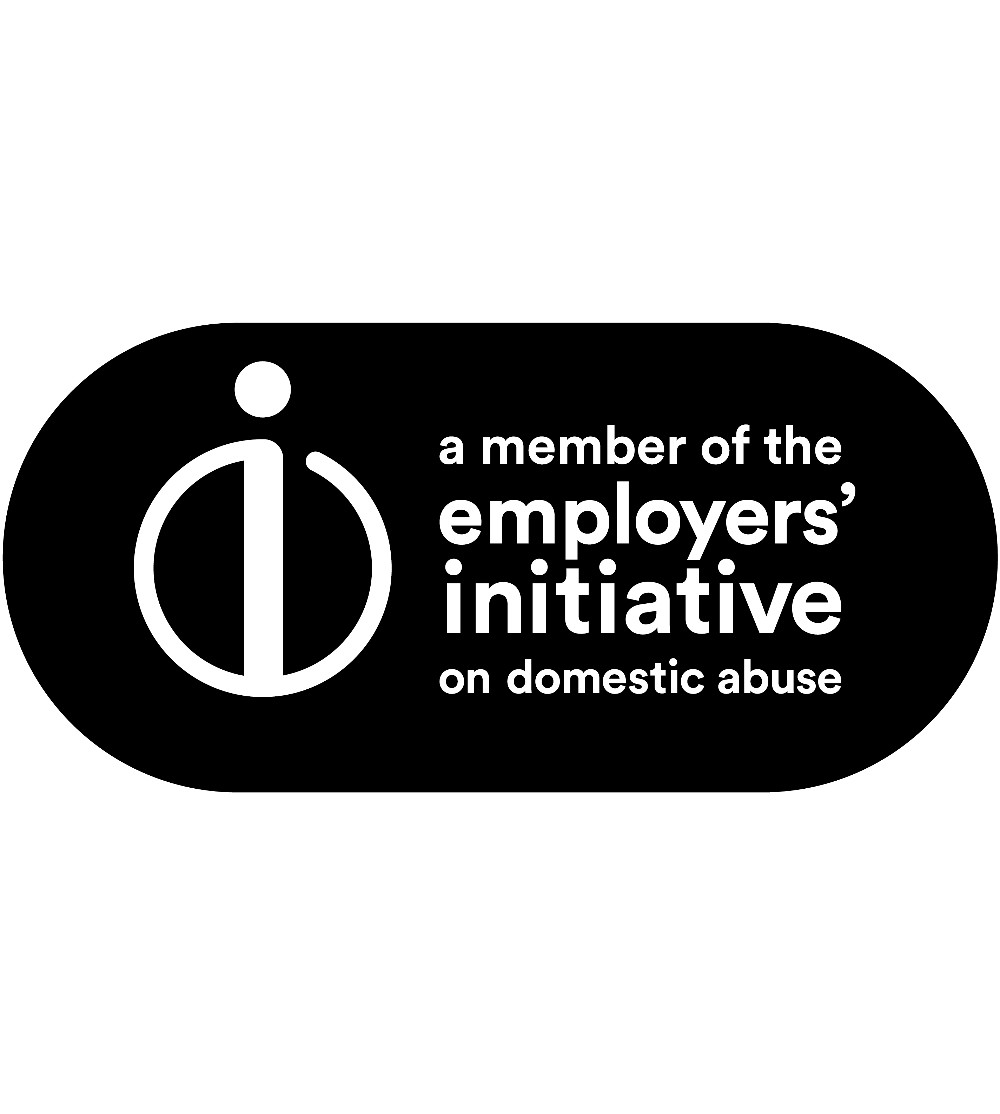Domestic Abuse can have a serious and lasting impact on the mental health of survivors. The trauma and stress experienced during abusive relationships can contribute to various mental health issues. Here are some ways in which domestic abuse can affect mental health:
- Post-Traumatic Stress Disorder (PTSD): Survivors of domestic abuse often experience symptoms of PTSD, including flashbacks, nightmares, intrusive thoughts, and hyperarousal. These symptoms can persist long after the abusive relationship has ended.
- Anxiety and Panic Disorders: The constant fear and uncertainty associated with domestic abuse can lead to the development of anxiety disorders. Survivors may experience excessive worrying, panic attacks, social anxiety, and generalized anxiety disorder.
- Depression: Domestic abuse can cause feelings of sadness, hopelessness, and despair. Survivors may lose interest in activities they once enjoyed, have difficulty sleeping, experience changes in appetite, and have thoughts of self-harm or suicide.
- Low Self-Esteem and Self-Worth: Abusers often demean and belittle their victims, which can erode their self-esteem and self-worth. Survivors may struggle with feelings of shame, guilt, and worthlessness, leading to a negative self-image and a lack of confidence.
- Substance Abuse: Some survivors turn to drugs or alcohol as a way to cope with the trauma and emotional pain. Substance abuse can provide temporary relief but can exacerbate mental health issues and create additional problems in the long run.
- Borderline Personality Disorder (BPD): BPD is characterized by unstable moods, impulsive behavior, and difficulties in relationships. Survivors of domestic abuse may develop BPD as a result of the chronic invalidation and instability they experienced during the abusive relationship.
- Eating Disorders: The control exerted by abusers over their victims’ lives can extend to their bodies and eating habits. Survivors may develop eating disorders such as anorexia, bulimia, or binge eating disorder as a way to regain control or cope with the trauma.
- Suicidal Ideation and Self-Harm: Domestic abuse can lead to intense emotional pain and feelings of hopelessness, which may result in suicidal thoughts or self-harming behaviors as a means of coping or seeking relief.
It’s important to note that everyone’s experience is unique, and not all survivors of domestic abuse will develop mental health issues. However, it is crucial to seek support and professional help if you or someone you know is experiencing domestic abuse and its associated mental health challenges. Organizations like domestic violence hotlines, therapists, and support groups can provide assistance and guidance to survivors.
For further support and/or guidance please contact:
To find out how Domestic Abuse Education can support employees within your business please click here.










